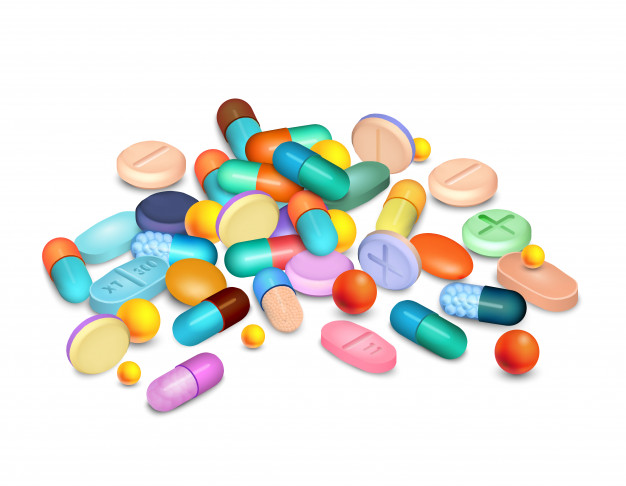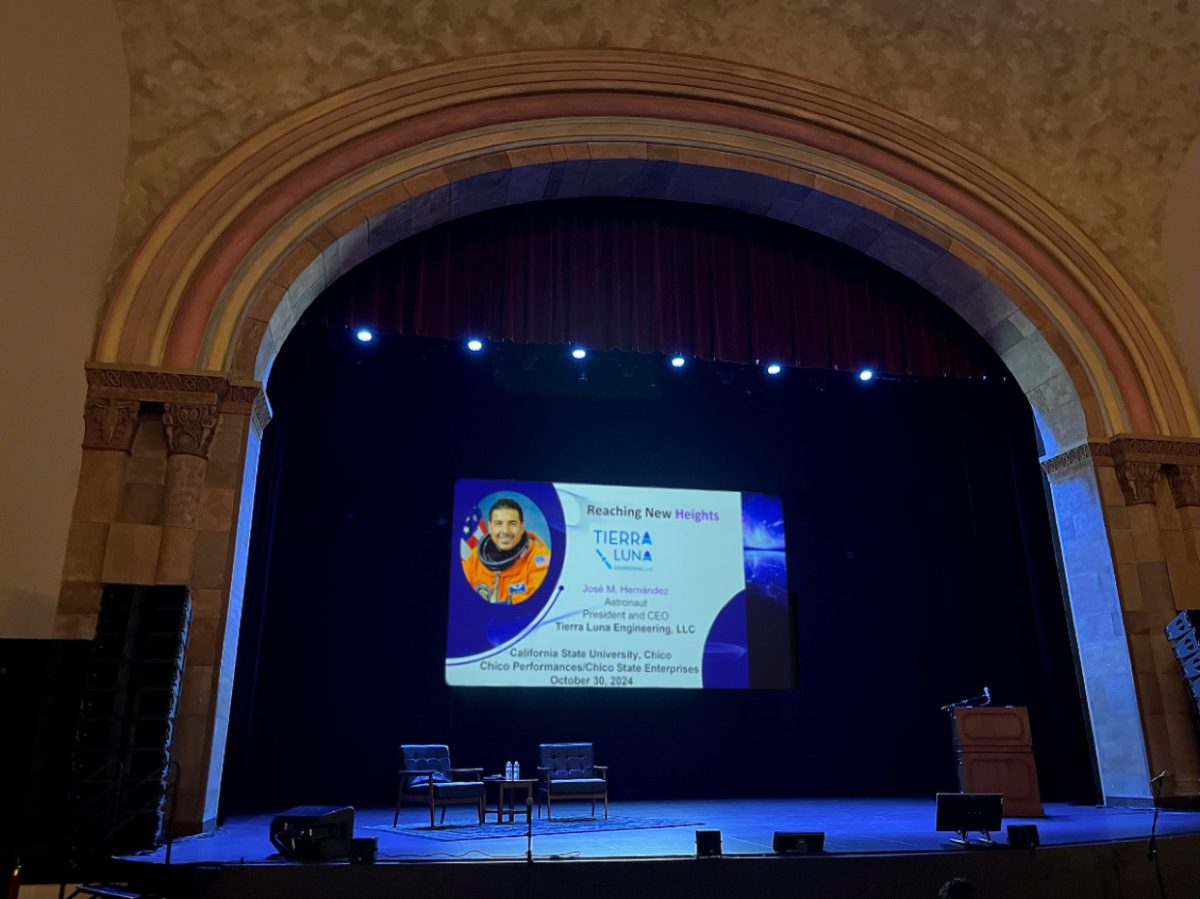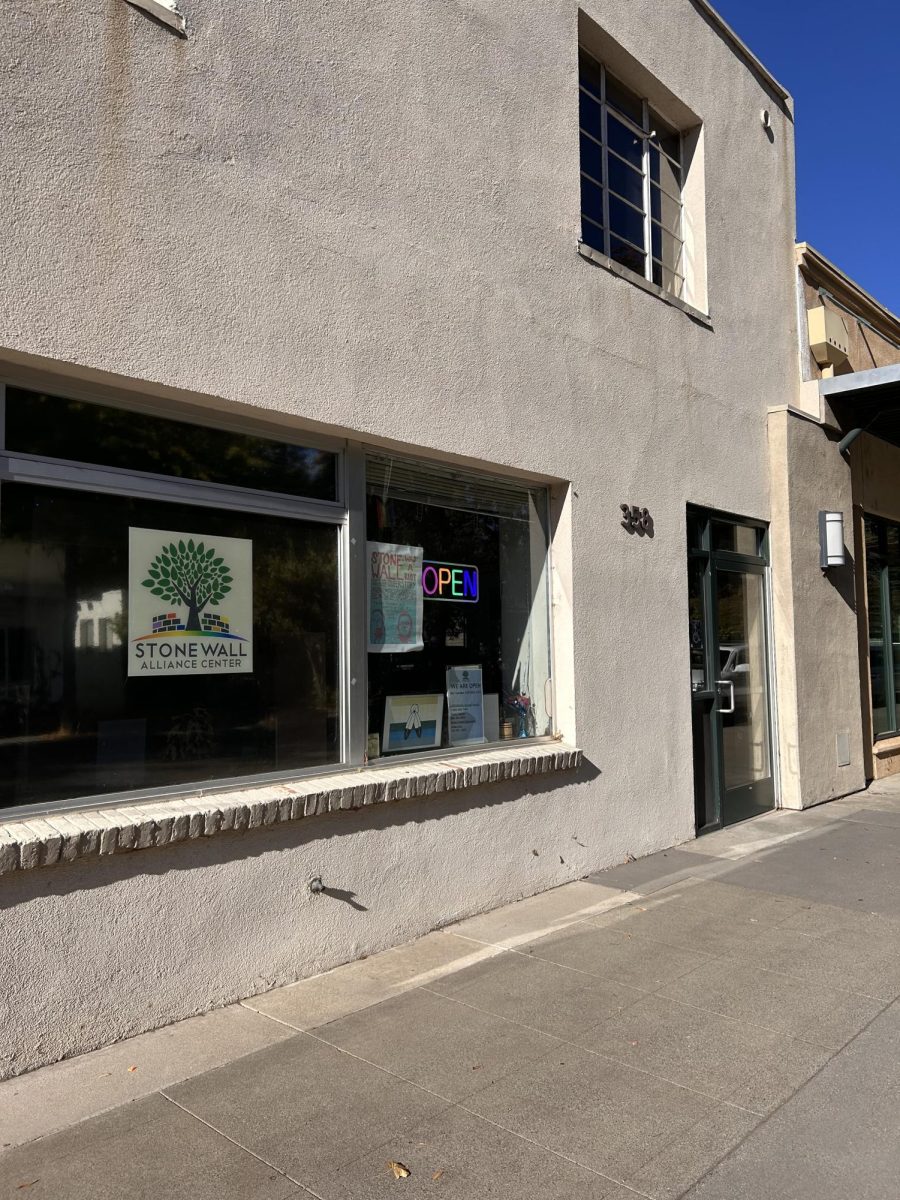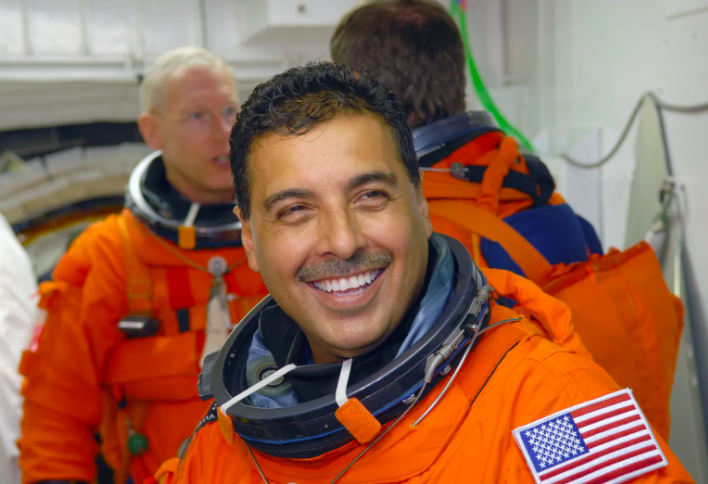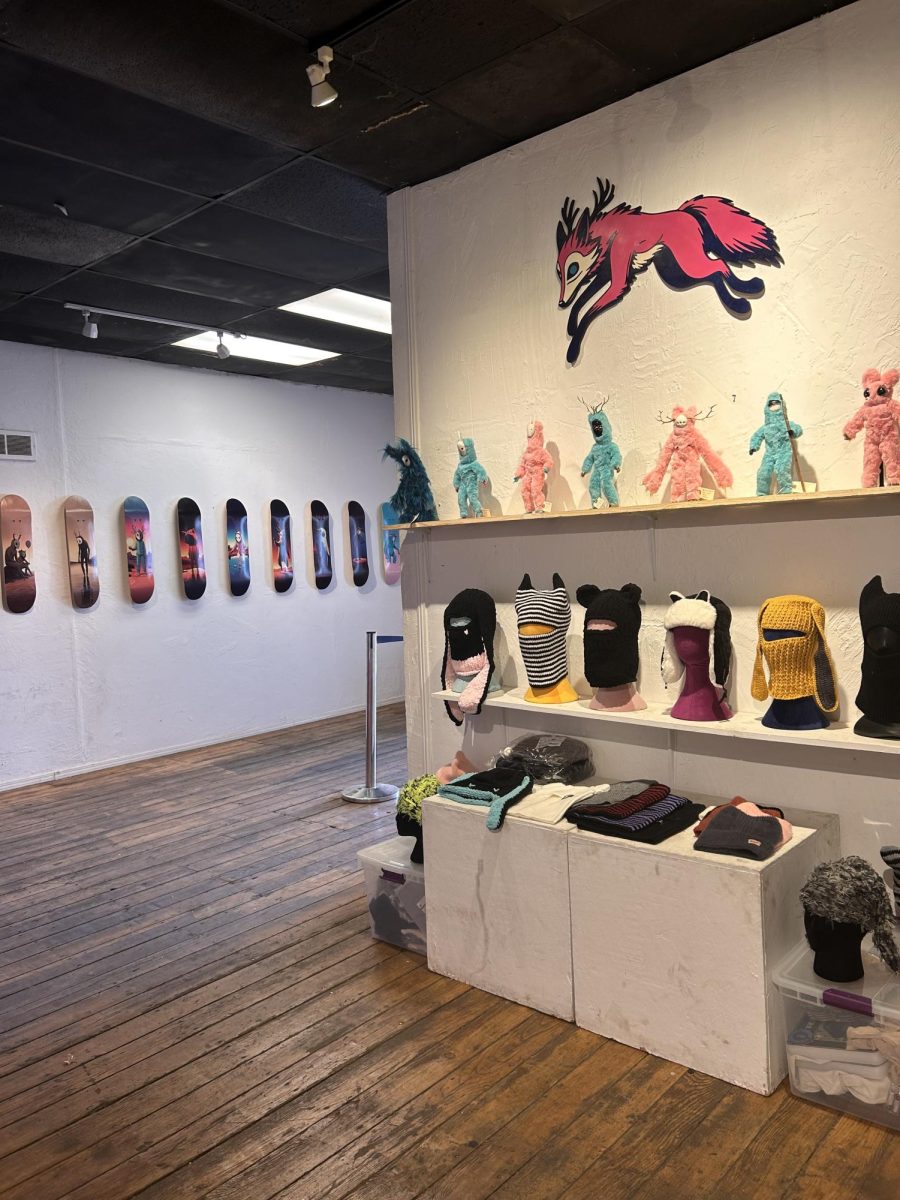Hip hop has a pill problem. This has been the case for years. However, the recent death of rapper Juice WRLD brought the issue to light yet again.
The rapper passed away in Chicago after having seizures in Midway International Airport. Authorities, media stations and fans are speculating how drugs may or may not have influenced his death. To me, however, the role of drugs in his death seems obvious.
I may not know the details, but when a 21-year-old with a publicly history of drug abuse dies from seizures, it’s hard NOT to make that connection. Juice WRLD’s situation is eerily reminiscent of Lil Wayne’s seizures in 2017, which reportedly also occurred in Chicago.
People, specifically older rap fans, love to talk about how the genre and culture of rap started going downhill when rappers started fixating on drug use rather than drug dealing.
I don’t agree with that. I believe that the biggest difference between the old rap scene and the new is that modern rappers are more honest about their personal lives, especially in this social-media dominated generation. Glorifying drug dealers and not acknowledging the consequences or the fact that many dealers are also users is just shallow.
That being said, rap influences kids, and druggie-rap influences kids to try drugs. The first time I tried lean was after I heard Future’s “Dirty Sprite 2” and I know for a fact I’m not the only one.
I don’t blame rappers for influencing kids to do drugs. They are products of the industry. The rap that sells isn’t sober music. Just look at Russ and Lil Yachty’s record sales. They were heavily influenced by rappers before them and the easy availability of drugs.
Drugs as a central theme in rap music is far from a new thing. Instead of talking about how modern rappers are worse influences than old rappers, why not acknowledge the real problem which is how accessible drugs are. Everyone knows drug abuse is an epidemic-level issue and yet no one seems to look at the pharmaceutical companies behind them.
Future, of all people, made a huge stride against big pharma, albeit unintentionally. The brand Actavis, cancelled production of their trademark purple codeine syrup because of its rising popularity in the hip hop scene.
When it comes to drug abuse, especially when linked to mental health, rappers are not the issue. They are a reflection of the culture. They are successful because they are relatable.
Rather than demonizing them and trying to use them as examples, we would be better off learning from the death of these rappers and celebrating their lives and influence. R.I.P. Pimp C. R.I.P. Ol’ Dirty Bastard. R.I.P. ASAP Yams. R.I.P. Speaker Knockerz. R.I.P. Lil Peep. R.I.P. Mac Miller. R.I.P. Juice WRLD.
Mitchell Kret can be reached at m




